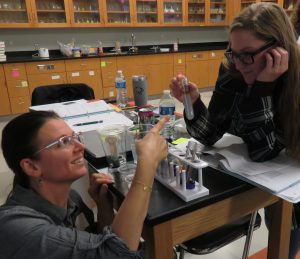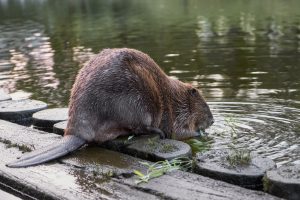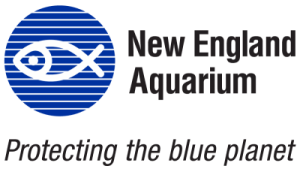Making Place-Based Learning Phenomenal
A Virtual Institute for Grades 4-12 Educators

Educators used phenomena to take place-based education to a new level! Whether remotely or in the classroom, blending phenomena with place-based learning allows teachers to leverage student curiosity and life experiences as they investigate questions and problems right in their own communities. With the Wade Institute and our partners, educators remotely explored using phenomena as the foundation for place-based learning. By collaborating with their course peers, they identified phenomena that can be used to explore the impacts of climate change on Massachusetts’ ecosystems. Educators explored how phenomena lay a rich foundation for engaging their students in the Science and Engineering Practices and developing their own proficiency in using both classroom and remote learning strategies to encourage collaboration and investigation of phenomena. Participating educators received a kit of materials to support their implementation of inquiry-based, minds-on, hands-on investigations. Through this institute, educators:
- Discovered how phenomena can be used to spark wonder in students and frame inquiry-based science instruction.
- Investigated the impact of climate change on the marine environment and inland aquatic habitats.

- Experienced phenomena-based investigations from the perspective of a learner as they investigated the impacts of beavers as the keystone species in the Pioneer Valley.
- Participated in place-based inquiry investigations that explore the impacts of climate change on the Massachusetts coastline.
- Connected with issues and resources in your own community to leverage the power of place-based learning for their students.
- Built their toolkit of instructional tools and strategies for creating equitable, student-centered, phenomena-driven learning experiences that can support remote learning.
Registration Information
Partners & Collaborators: New England Aquarium; Hitchcock Center for the Environment
Dates: Virtual course sessions were held on July 14th, 16th, 21st, and 23rd. Each day included a blend of full group (synchronous) meeting time and small group work on Zoom as well as individual at-home investigations and reading assignments. Completion of some online components were required prior to and following the virtual sessions.
Cost: $350/participant. $325/participant if attending with one other teacher from your school or district. $300/participant if attending with 2 or more other teachers from your school or district.
PDPs and Optional Graduate Credit:
30 PDPs are available without graduate credit.
2 graduate science credits and 45 PDPs are available from Cambridge College for $150.
2 graduate credits and 45 PDPs are available from Framingham State University for $150.



